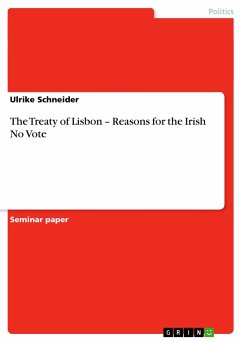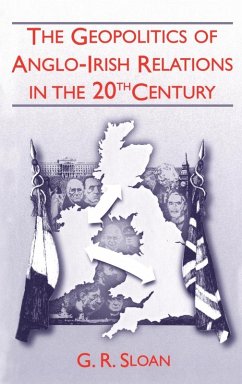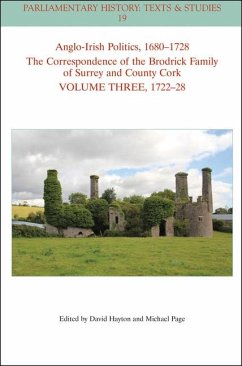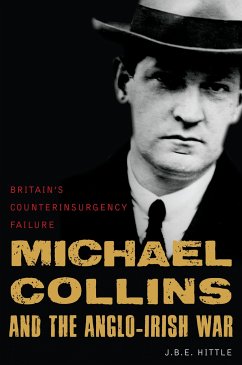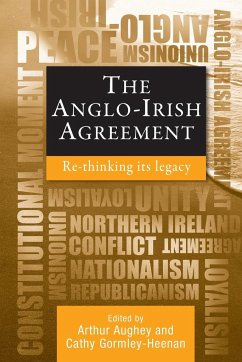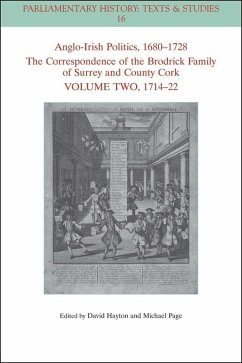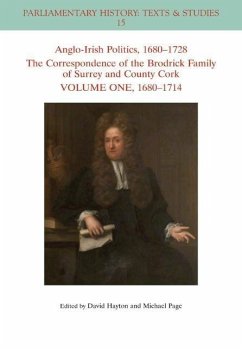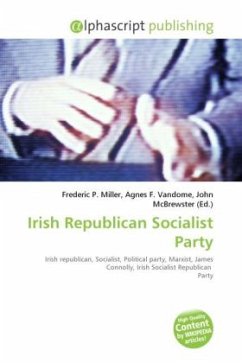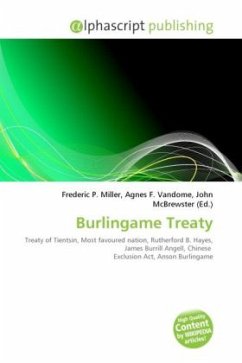
Anglo-Irish Treaty
Versandkostenfrei!
Versandfertig in 6-10 Tagen
19,99 €
inkl. MwSt.

PAYBACK Punkte
10 °P sammeln!
The Anglo-Irish Treaty, officially called the Articles of Agreement for a Treaty Between Great Britain and Ireland, was a treaty between the Government of the United Kingdom of Great Britain and Ireland and representatives of the de facto Irish Republic that concluded the Irish War of Independence. It established an autonomous dominion, known as the Irish Free State, within the British Empire and provided Northern Ireland, which had been created by the 1920 Government of Ireland Act, an option to opt out of the Irish Free State, which it exercised. The treaty was signed in London on 6 December...
The Anglo-Irish Treaty, officially called the Articles of Agreement for a Treaty Between Great Britain and Ireland, was a treaty between the Government of the United Kingdom of Great Britain and Ireland and representatives of the de facto Irish Republic that concluded the Irish War of Independence. It established an autonomous dominion, known as the Irish Free State, within the British Empire and provided Northern Ireland, which had been created by the 1920 Government of Ireland Act, an option to opt out of the Irish Free State, which it exercised. The treaty was signed in London on 6 December 1921 by representatives of the British government, (which included David Lloyd George who was head of the British delegates) and envoys of the Irish Republic who claimed plenipotentiary status (i.e., negotiators empowered to sign a treaty without reference back to their superiors, including Michael Collins and Arthur Griffith). In accordance with its terms the Treaty needed to be and was ratified by the members elected to sit in the House of Commons of Southern Ireland and the British Parliament. Dáil Éireann for the de facto Irish Republic also ratified the Treaty (narrowly).



